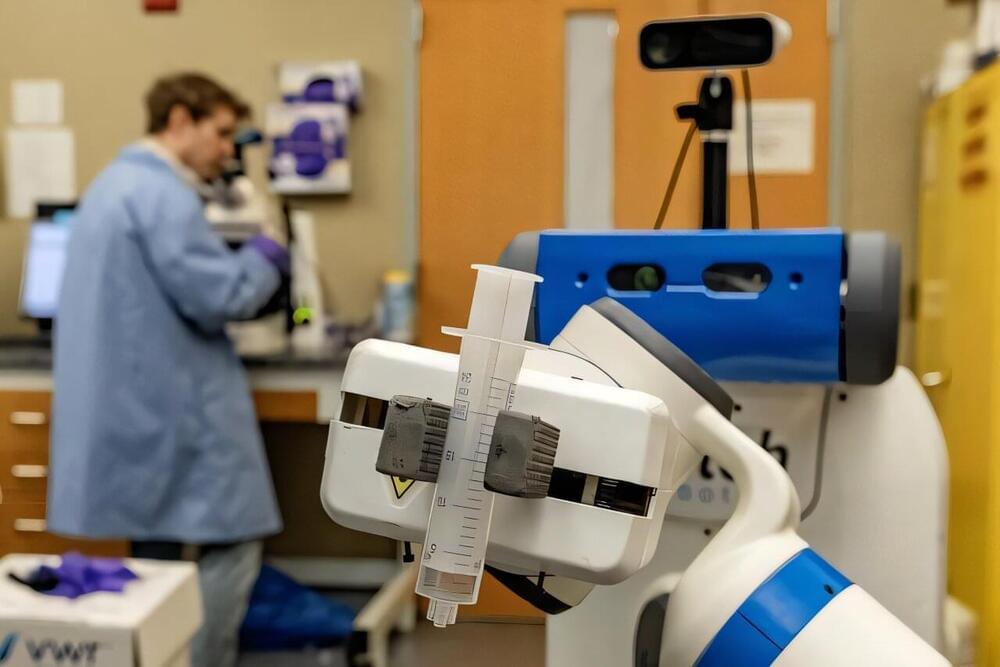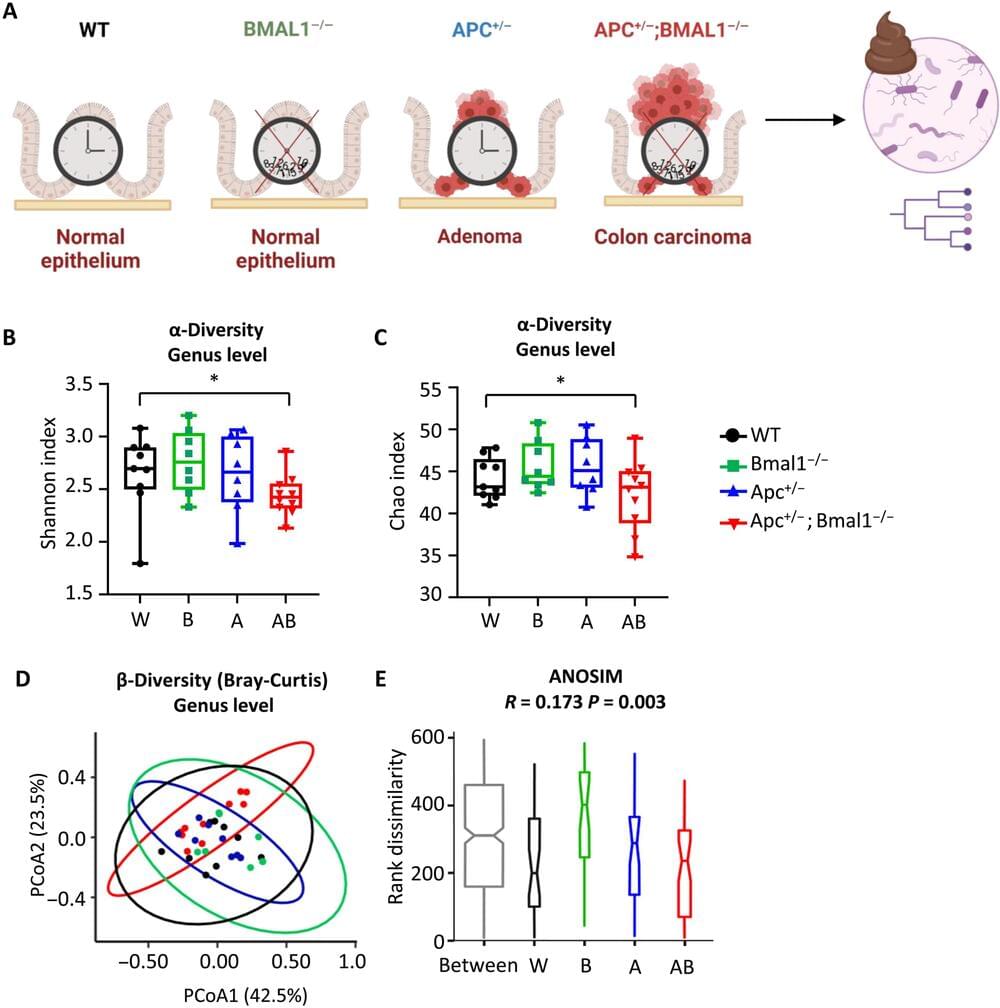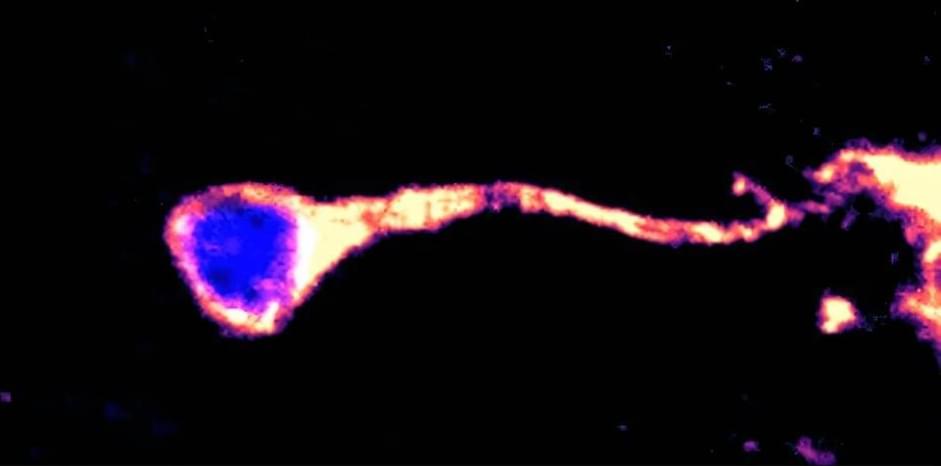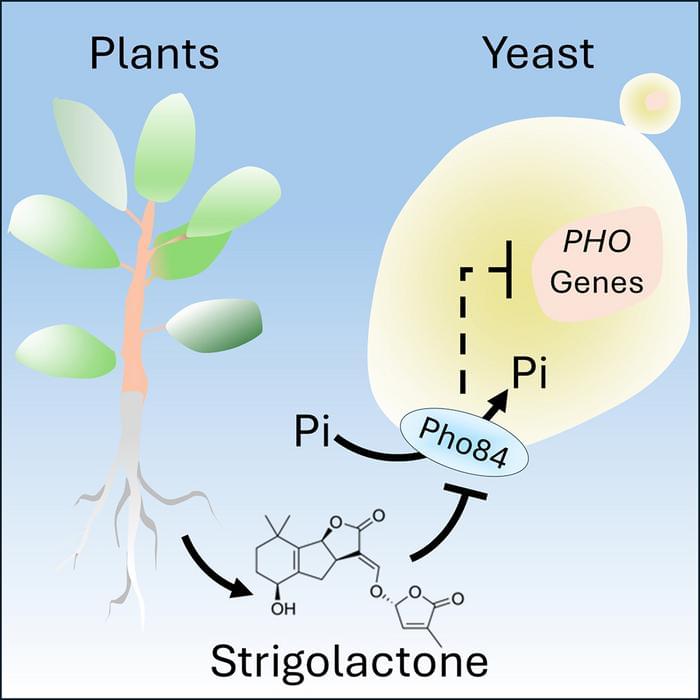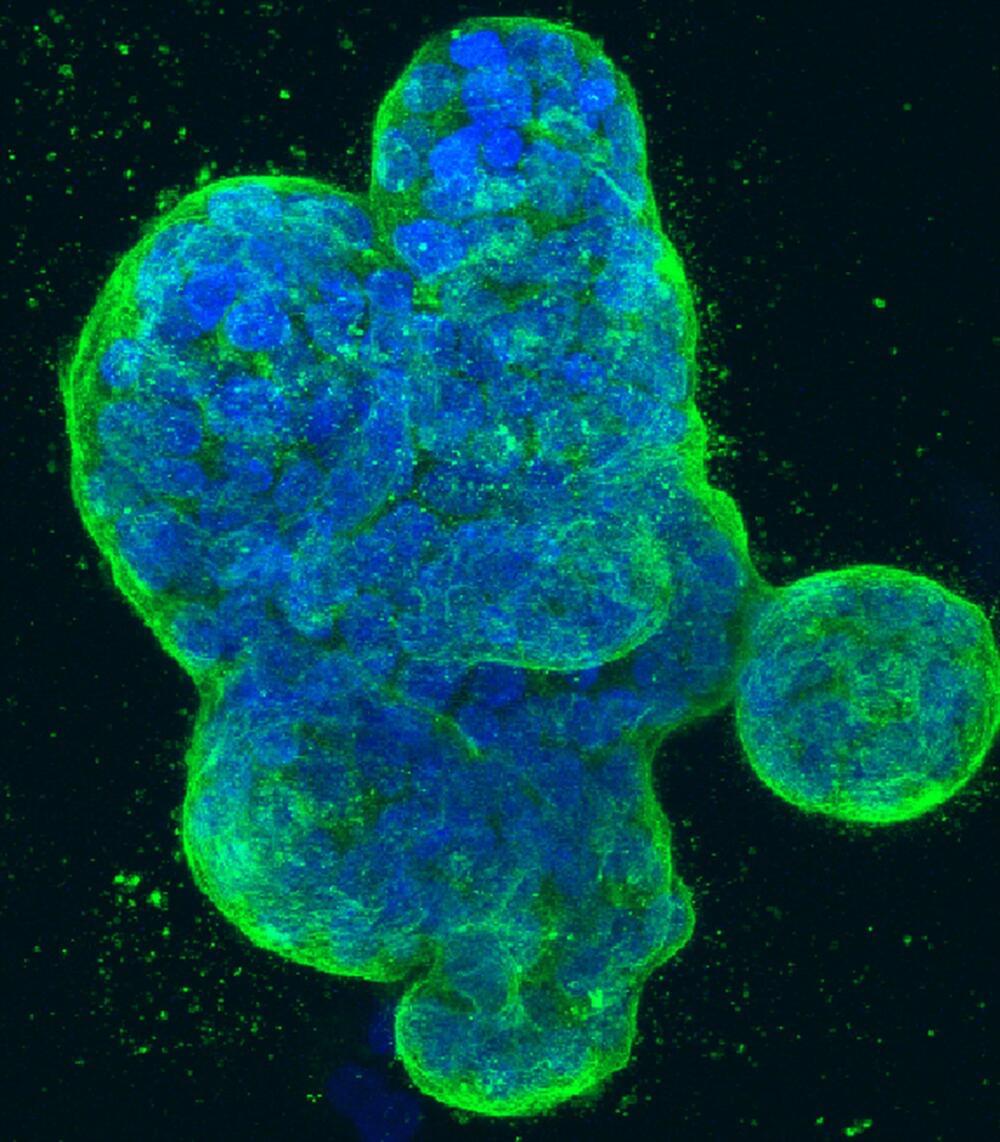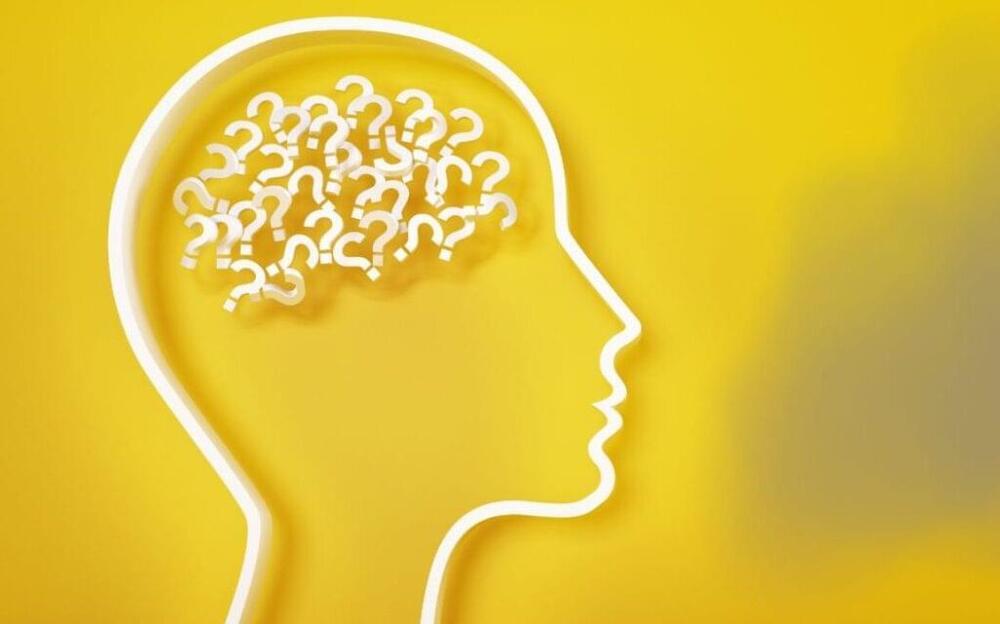Science laboratories across disciplines—chemistry, biochemistry and materials science—are on the verge of a sweeping transformation as robotic automation and AI lead to faster and more precise experiments that unlock breakthroughs in fields like health, energy and electronics.
This is according to UNC-Chapel Hill researchers in a paper titled “Transforming Science Labs into Automated Factories of Discovery,” published in Science Robotics.
“Today, the development of new molecules, materials and chemical systems requires intensive human effort,” said Dr. Ron Alterovitz, senior author of the paper and Lawrence Grossberg Distinguished Professor in the Department of Computer Science. “Scientists must design experiments, synthesize materials, analyze results and repeat the process until desired properties are achieved.”
